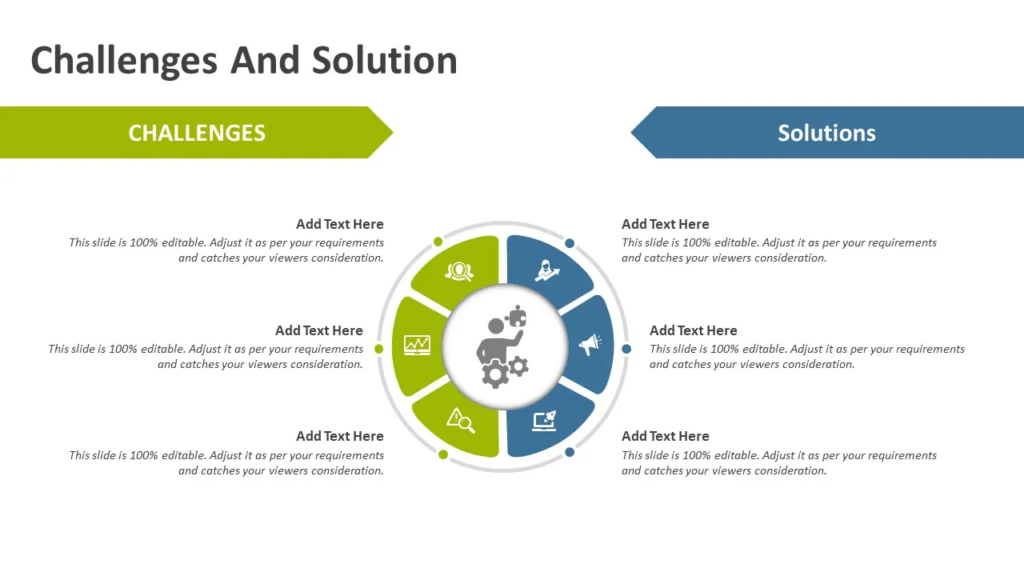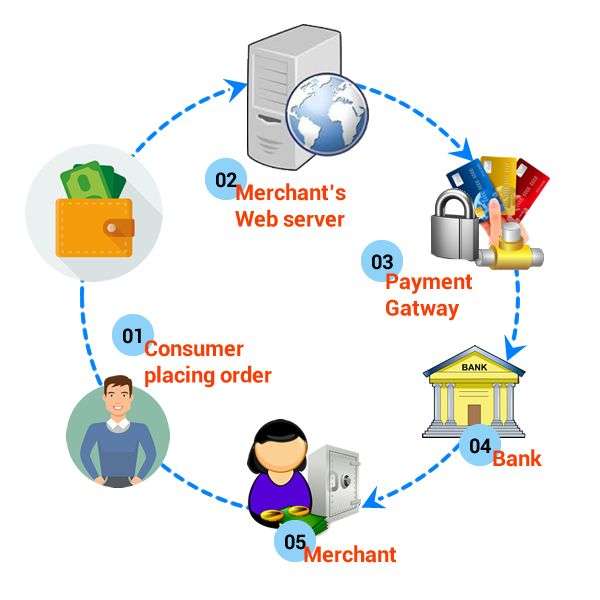AUTHOR : ADINA XAVIER
DATE : 01/11/2023
In the contemporary era of technology[1], online commerce[2] has firmly established itself as a fundamental component of the corporate domain. With the growth of online shopping[3], having a reliable and secure payment gateway[4] is essential for any e-commerce business[5]. This article will delve into the world of payment gateway solutions, exploring their significance, types, factors to consider when choosing one, and popular options in the market.
The Importance of Payment Gateways in E-commerce
Payment gateways are the technological bridge that enables online businesses to accept payments from customers securely. They play a crucial role in ensuring a smooth and hassle-free transaction process. Without a payment gateway, e-commerce websites would struggle to process payments, ultimately affecting their bottom line.
Types of Payment Gateways

Hosted Payment Gateways
Hosted Payment Gateway Solutions For Ecommerce[1] Business redirect customers to a secure payment page, ensuring that sensitive financial information is not stored on your website. This type of gateway is user-friendly also reduces the burden of security compliance on the merchant.
Self-hosted Payment Gateways
Self-hosted gateways allow more control over the payment process. Merchants can customize the payment experience, but they are responsible for maintaining security standards.
API-based Payment Gateways
API-based gateways offer the highest level of customization also integration with e-commerce platforms. They require development skills for implementation but provide flexibility and control.
When faced with the task of deciding on a payment gateway, e-commerce enterprises must carefully weigh a multitude of factors, making it a pivotal choice in their operational strategy.
Security
Security should be a top priority. Look for gateways that comply with industry standards and offer features like encryption also fraud prevention.
User-friendliness
A user-friendly gateway ensures a smooth checkout process, reducing cart abandonment rates.
Integration with E-commerce Platforms
Ensure the gateway seamlessly integrates with your chosen e-commerce platform for a seamless shopping experience.
Transaction Fees
Different gateways have various fee structures. Compare transaction[2] fees to find the most cost-effective option for your business.
International Transactions
If you plan to sell globally, choose a gateway that supports international transactions and multiple currencies.
Popular Payment Gateways for E-commerce
There are several payment gateways available, but some stand out for their widespread use and reliability. Here are a few popular options:
- PayPal: Widely recognized and trusted, PayPal offers a simple way for customers to make payments.
- Stripe : Stripe is renowned for its user-centric interface that caters to developers’ needs also offers a wealth of customizable choices.
- Square: Offers an all-in-one solution with a user-friendly interface.
- Authorize.Net: Provides a wide range of features also strong security measures.
- Braintree: Owned by PayPal, it focuses on mobile and online payments.

Setting Up a Payment Gateway
Setting up a payment gateway involves the following steps:
Creating an Account
Choose your preferred payment gateway[3] also create an account.
Integration with Your Website
Integrate the gateway with your e-commerce website through provided plugins or APIs.
Payment Gateway Features
Payment gateways offer various features to enhance the shopping experience:
- Mobile Payments: Ensure compatibility with mobile devices for a seamless mobile shopping experience.
- Recurring Payments: Convenient for subscription-based businesses.
- Fraud Protection: Protect your business and customers from fraudulent transactions.
- Reporting and Analytics: Gain insights into your sales and customer behavior.
Customer Trust and Payment Gateways
A secure and trustworthy payment gateway[5] builds customer confidence. Display trust badges and encryption information to reassure customers.
Challenges and Solutions
E-commerce businesses may encounter challenges like chargebacks and abandoned carts. To address these issues:

Chargebacks
Implement a clear return policy, dispute chargebacks when necessary, and maintain excellent customer service.
Abandoned Carts
Optimize the checkout process, offer guest checkouts, and send cart abandonment emails to encourage customers to complete their purchase.
Conclusion
Payment gateways are the lifeblood of e-commerce businesses, facilitating transactions and securing sensitive information. When choosing a payment gateway, prioritize security, user-friendliness, and integration. Popular options like PayPal, Stripe, Square, Authorize.Net, and Braintree offer reliable solutions. By understanding the importance of payment gateways and addressing potential challenges, your e-commerce business can thrive.
FAQs
- What is a payment gateway? A Payment Gateway Solutions For Ecommerce Business is a technology that enables e-commerce businesses to accept payments securely from customers.
- How do payment gateways secure transactions? Payment gateways use encryption and security measures to protect sensitive financial information during online transactions.
- Can I use multiple payment gateways on my e-commerce website? Yes, some e-commerce platforms allow the integration of multiple payment gateways, providing customers with various payment options.
- Are there any alternatives to traditional payment gateways? Yes, alternative payment methods like digital wallets (e.g., Apple Pay, Google Pay) and cryptocurrency are gaining popularity.
- What should I do if I experience a high rate of chargebacks? Implement a clear return policy, dispute chargebacks when necessary, and maintain excellent customer service to reduce chargeback rates.






